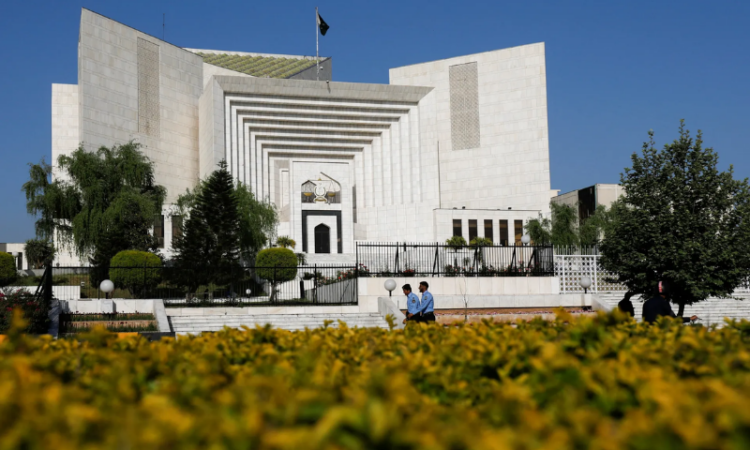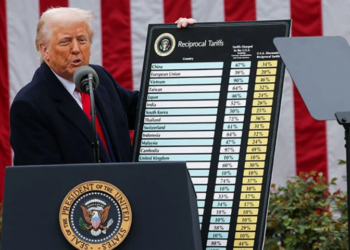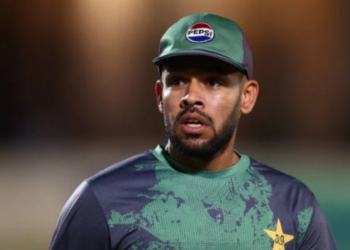Islamabad, January 10, 2025: The Supreme Court of Pakistan’s Constitutional Bench commenced hearings today on a case challenging the legality of military courts. A seven-judge bench, headed by Justice Aminuddin Khan, is deliberating the matter, which has drawn significant national attention.
During the proceedings, Khawaja Haris, counsel for the Ministry of Defence, presented arguments on the procedures governing military trials. However, several justices raised concerns regarding the process and transparency of these trials.
Justice Jamal Mandokhail questioned the unusual practice in military courts where the officer conducting the trial does not deliver the verdict. Justice Mussarat Hilali clarified that the presiding officer forwards the case to a senior officer, who then delivers the judgment. She expressed concerns over how a decision could be issued by an individual who had not observed the trial.
Drawing on his 34 years of legal experience, Justice Mandokhail further questioned whether the presiding military officers have the requisite expertise to impose sentences, including capital punishment.
Justice Naeem Afghan requested detailed clarification on the procedural differences between military and civilian court trials under the Army Act. In response, Justice Hassan Azhar Rizvi stated that special military courts operate similarly to civilian courts and emphasized that legal officers are appointed to assist the accused.
The case is also being reviewed in the context of fundamental rights, particularly Article 10-A of the Constitution, which guarantees the right to a fair trial. Justice Mandokhail emphasized the importance of examining whether military court trials align with constitutional protections.
Khawaja Haris assured the bench that he would provide a detailed explanation of military trial procedures in subsequent hearings.
The hearing underscores the ongoing debate over the balance between national security concerns and the protection of fundamental rights.








